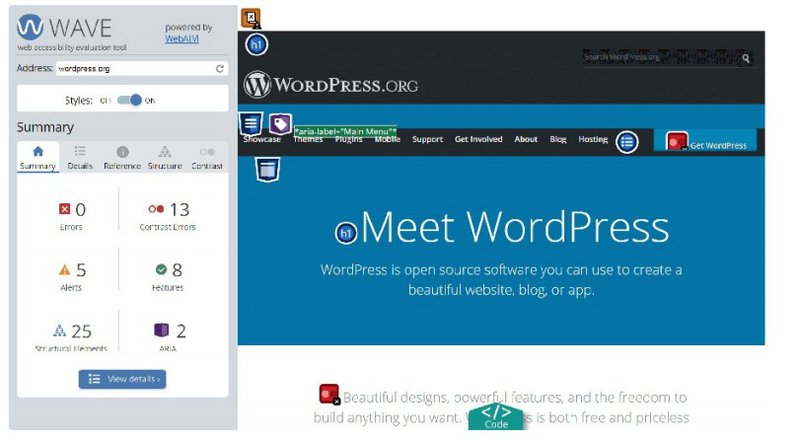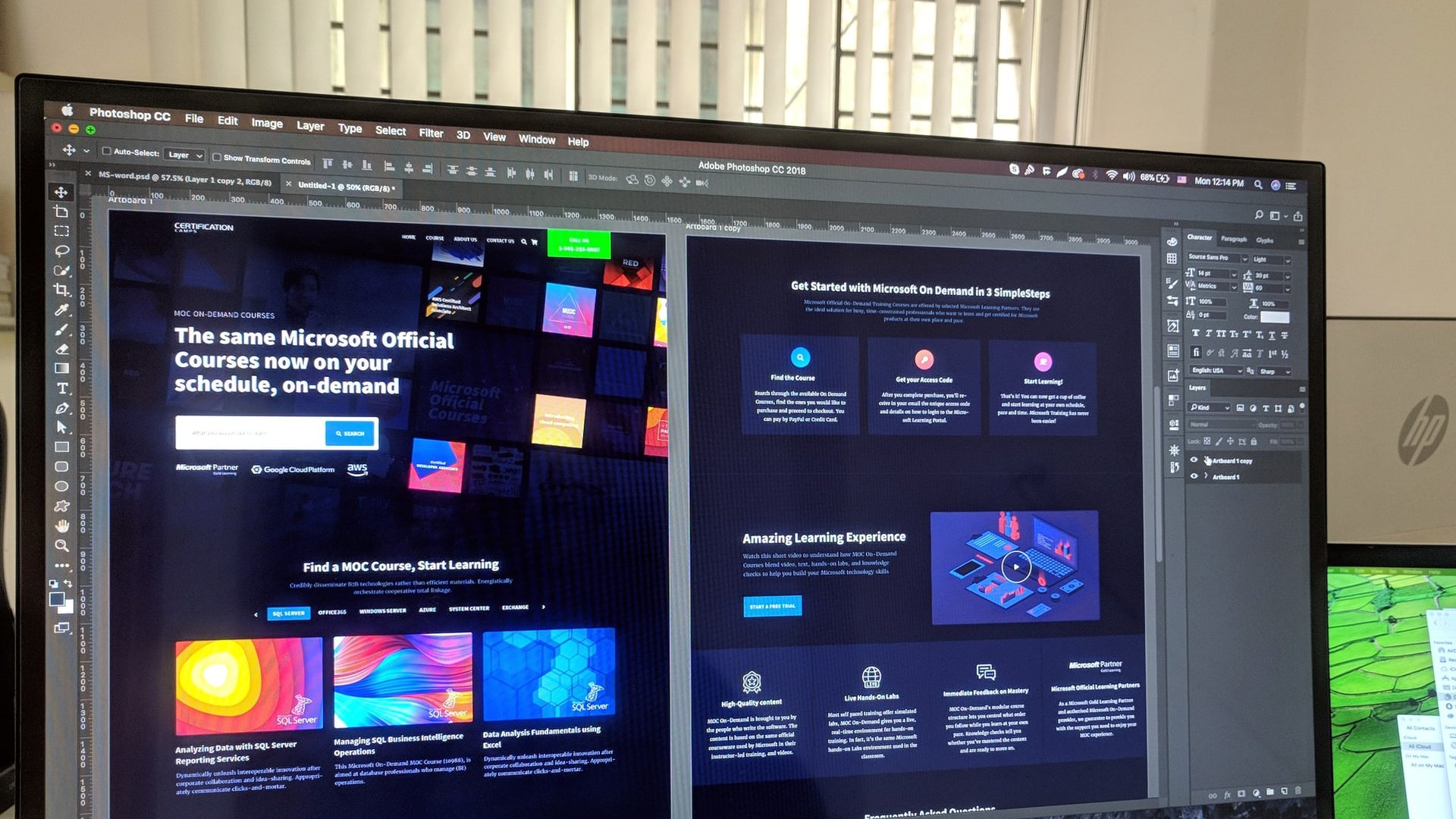There could be a quadrillion or more websites on both the conventional web and the dark web. As a user, there are websites we look forward to visiting and could be addicted to visiting. Then there are those we loathe visiting, but since they could be about school, neighborhood grapevine, or work, we painstakingly visit them if there is a need. Lastly, there are those sites we came across when looking for something online, and within a few seconds of them loading up, we fled away, never to return.
As a webmaster, you want references to your site to be like in the first example. So how do you make your website good enough for people to make numerous return visits? Well, precisely that question is what this article will be exploring.
Characteristics of a Good Website
Granted, no two people like the same thing in an exact way all the time. However, there are those standards that cut across the board. Think of it as the middle-ground in the spectrum. That is where you want your website to lie precisely, as a webmaster. That said, let us jump into the characteristics that define a good site:
1. Clear Message and Easy Site Navigation
One of the greatest tragedies of modern times is people generally have a short attention span, which seems to be dwindling as time goes on. That is terrible news for you as a web admin, as it means you don’t have the luxury of beating around the bush with visitors to your site. As soon as someone lands on your site, you want them to quickly know what the site is about and find the information they came searching for. To achieve a clear vision fast, ensure your site communicates the following asap:
- Is your domain name relevant to your brand and the services you offer?
- Do you have a tagline? If you do, make it quickly visible on your site.
- With very few clicks and scrolls, can your visitors find what they want?
2. Modern Cybersecurity Standards
Nowadays, people have become more cybersecurity conscious. Various aspects of our lives are increasingly taking place online. From banking, schooling, work, entertainment, parenting, and dating, among others. To attract and keep such types of visitors, give them the confidence that information they will share by engaging your site will be secured and their privacy respected.
Luckily, beefing up the security of a site is increasingly getting easier and affordable. If you are running WordPress, there’s plenty of cybersecurity tool you can work on:
- Remove unused plugins, and keep those in use always updated
- Always update your WordPress version
- Use highly secure admin login credentials to your site
- Create a routine of constantly backing up your site
- Install and maintain SSL/TLS (Secure Socket Layer) certificate
3. Website Accessibility
You might have a site online, but it could be inaccessible to a given group of people. The problem might be technical difficulties like pages and features not loading. Also, it could be by design; the website is not accommodating a given set of visitors. For instance, where visitors have specific disabilities and conditions that make it difficult for them to benefit from your website as it’s designed. These could be people with disabilities ranging from visual and motor difficulties.
This part of web design might be too technical or engaging for the typical webmaster just looking to deploy a site as an online extension of their brick-and-mortar business. They would simply not have the bandwidth to tinker their website this far, but luckily we are always a phone call away.
Nonetheless, professional tools, such as WAVE, can be used to analyze a site, and it will report on just how accessible the site is to various types of visitors.

The report from tools such as the one shared above will give you insights on how you can make your site more accommodating to a broader pool of visitors with varying challenges.
4. Employ Industry Best Standards
While many cutting-edge innovations have been found from being a maverick, when it comes to web design, perhaps that is not what you want. Instead, stick to the standard best practices accepted by the masses.
That is easier said than done, especially when you learn of all the new trending web designs with flashy new whistles and bells for features. It can be easy to forget a website is meant for use by your visitors, and it is not your opportunity to show off your coding and design acumen.
You are better off running A/B testing on various web designs and features. Then pick the one(s) with the best performance in terms of good user experience and engagement.
5. Sticky Fresh Content Always
Don’t forget a good web design is just the skeletal framework, but the juicy flesh is the content. These include text writings, pictures, and videos, among other micro-interactions. Remember, content is always king, and below are some tips on how always to keep its crown shiny:
- Length in quality: We earlier mentioned that people’s attention span has been declining over the years. That remains true. However, statistics show high-quality content that is also long, gets more reads, shares, and people spend more time on it.
- Images: Also, content – whether long or short – with images breaking the long stretches of texts, accompanied with headings and lists, have a higher user engagement.
- Video: Adding video to your content makes for a refreshing read from numerous angles. Including the fact, it gives your content credibility and authority.
Additionally, your content – be it text, images, or videos – ought to be relevant and never stale. Great content also plays a significant role in improving your site’s SEO ranking. At this point, we would like to point out Yoast SEO plugin can go a long way in helping you write SEO-rich content.
6. Responsive Website Design
Static websites belong in a museum right next to the bones of Tyrannosaurus rex. They have no space in anyone’s devices’ screen in these modern times. Today’s websites need to be interactive and dynamic to the changing user’s needs. Also, mobile devices are fast becoming the device of choice for most people to consume digital information. Websites must be mobile-friendly if they don’t want to miss out on the 51.9% of global internet users traffic who primarily access the internet on mobile devices.
7. Your SEO-Game must Always be Up.
Hate it or love it, the search engine Google controls the internet and has even grown the audacity to dictate how it should evolve. The behemoth search engine company has its set of rules of who gets seen first and who will be ranked last on the search engine result pages. As a webmaster, you have no option but to abide by these Google-set internet rules.
Abiding by these rules is what we digital presence managers call Search Engine Optimization. It includes things like having a responsive and mobile-friendly website, fresh and relevant content, earning some backlinks to your site, and proper tagging of images in your site, and fast page load speeds, among other things. You cannot ignore to play nice by the laid-down SEO rules.
8. Reliable Web Hosting services
The role played by your web host is critical to the success of your site. To a great extent, they determine your website load speed, reliability, security, and ease of management. With so many individuals, businesses, and organizations putting up an online presence, the web hosting industry has become lucrative.
Unfortunately, not all players entering the business are competent or diligent in their services. Many web hosting services often experience cases of downtimes. During such times, your site remains completely inaccessible. Your web hosting plan also accounts for your site’s uptime, speeds, and security. So be very critical when choosing your web host.
Conclusion
As we can see above, many things go into making a Good Website. Some are one-time things, while a good number are repetitive, technical in nature, and highly involving. As an individual, business, or organization, managing your online presence might not be your primary focus. Luckily, we are professionals in these matters, and it is our job to manage sites daily. Be it one-time things like web design to daily or hourly things like SEO management, social media presence, or content strategies.
If you feel like you are pressed for time to manage your website, you can contact us today and have the peace of mind of knowing your online presence is in safe (qualified and experienced) hands.


















![WordPress 5.7 Top 10 Features [Screenshots Illustration]](https://managed-wp.com/wp-content/uploads/2022/06/WordPress5_7betadebutedonMarch9th2021_17650b0a9820f905c4eebd1018f51450_2000.jpeg)
